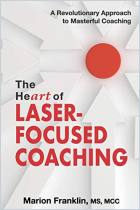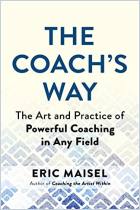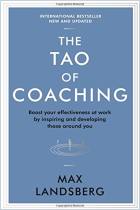
Recommendation
Coaches help people move beyond limiting mind-sets. It’s a simple imperative that can be excruciatingly difficult to execute. How do you get your clients, employees, colleagues – or yourself – to see their struggles in a new light and transcend them? In this episode of the Coaching for Potential podcast, certified coach Marion Franklin shares her accessible, down-to-earth strategies to help you or someone you work with get “unstuck,”clarify goals, distinguish belief from fact, and overcome restrictive perspectives to move forward successfully.
Summary
About the Podcast
Marion Franklin is a Master Certified Coach and the author of The HeART of Laser-Focused Coaching: A Revolutionary Approach to Masterful Coaching. Rory Rowland hosts the podcast Coaching for Potential. He is a member of the Missouri House of Representatives and the president and founder of Rowland Consulting, a firm dedicated to helping organizations and leaders reach their full potential.

















Comment on this summary